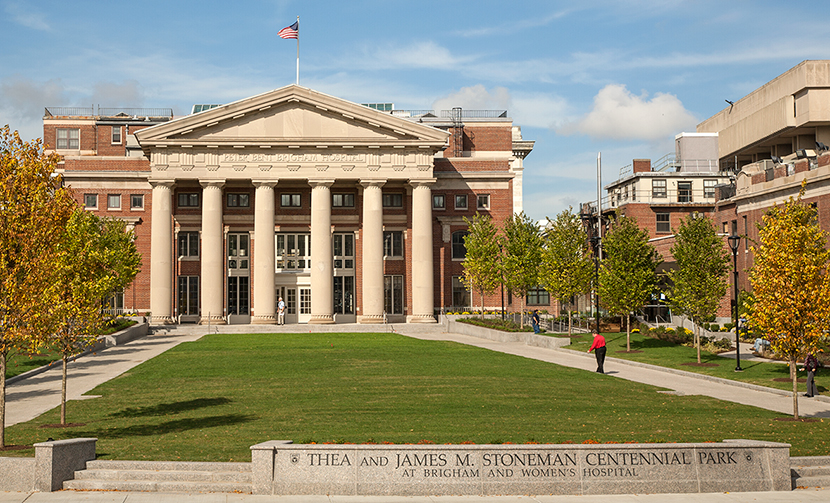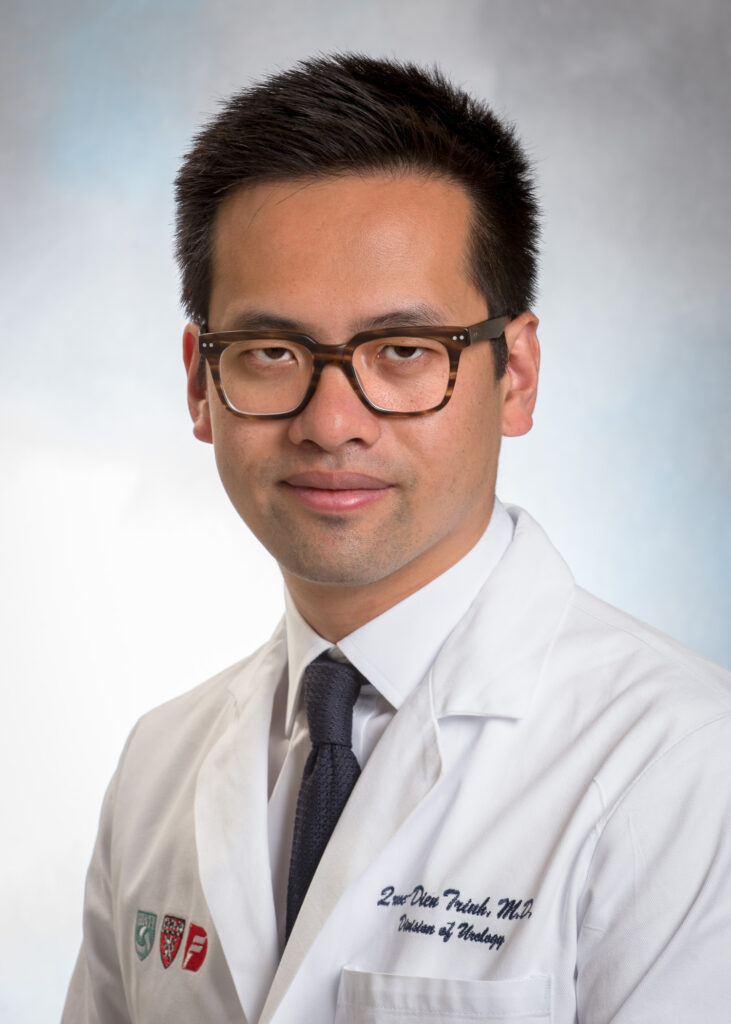The following recipients were recently honored with awards at the Final Service Conference.
Student Teaching Awards
- PGY 1: Alex Ordoobadi, MD
- PGY 2: Brittany Powell, MD
- PGY 3: Katherine He, MD
- PGY 4: Sasha Mahvi, MD
- PGY 5: George Li, MD, and Jonathan Hills-Dunlap, MD, MPH (the Robert T. Osteen Award for Medical Student Education in Surgery)
Surgery Class of ’63 Scholar: Sameer Hirji, MD
PBB Scholar Award: George Li, MD
Grant Rodkey Award (VA Hospital Award): Danny Mou, MD
Christine Weeks Schofield Award (South Shore Hospital Award): Sarabeth Spitzer, MD
Edward Kwasnik Award (South Shore Hospital Award): Will Phillips, MD
The Vollman Award (Faulkner Hospital Award): Katherine He, MD
Starfish Award: Pamela Lu, MD
Francis D. Moore, Sr. Award: Heather Lyu, MD
Donald D. Matson Award: Jiping Wang, MD, PhD
Richard E. Wilson Award: Zara Cooper, MD, MSc


